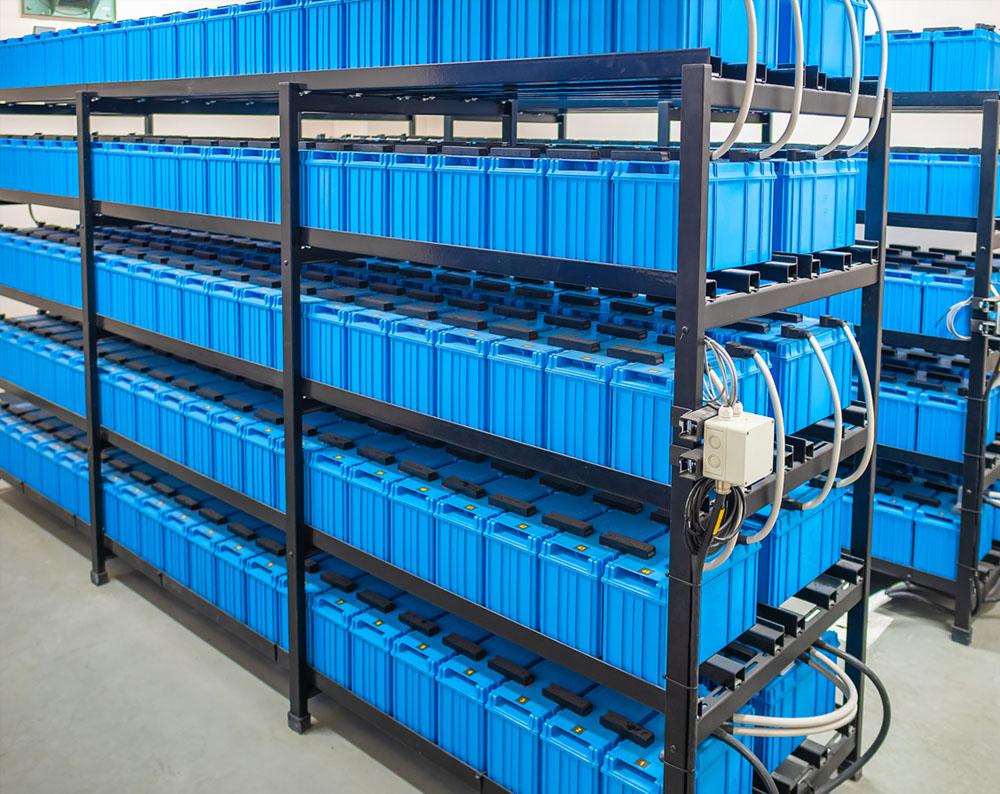The Importance of Backup Power
Reliable backup power has become essential in our increasingly digital world. Whether it’s for homes, businesses, or critical infrastructure - having an uninterrupted power supply is crucial. Let’s take a deeper look into some key aspects of backup power.
Common Backup Power Options
Generators:
One of the most common and effective backup power solutions are generators. Generators come in a wide range of sizes, from small portable generators suitable for homes, to large stationary models that can power entire buildings. Generators run on gasoline, propane or natural gas to produce electricity when utility power goes down. Some key factors to consider when choosing a generator are its power rating and fuel capacity. Proper installation and regular maintenance is also important for generators to work reliably when needed.
Batteries:
Batteries are another popular backup power solution, especially for appliances and devices that have battery backup features built-in. Large stationary batteries can also power critical loads for data centers and hospitals during outages. Common large battery technologies used include lead-acid, lithium-ion and flow batteries. When selecting batteries, key parameters to evaluate are their charge/discharge rates, capacity and lifetime. Regular testing and replacement of older batteries is necessary to ensure they can deliver backup power as required.
Solar Generators:
An increasingly attractive option is solar generators which combine solar panels and lithium batteries into portable or stationary units. They can charge from both solar and utility power to store backup electricity. During outages, their batteries power essential loads. Solar generators are a clean and sustainable choice. However, their output capacity depends on battery size and previous sunlight exposure to fully charge. Their effectiveness may be limited on multiple cloudy days.
Home Backup Power Needs
Home Backup Power Systems help keep appliances, electronics and essential home systems running temporarily during utility outages. A basic home system may include:
- Small portable generator or batteries to power refrigerators, fans, charging of phones and laptops etc.
- Larger stationary generator to additionally power heating/cooling systems, washers/dryers, kitchen appliances and home lighting. Installation of automatic transfer switches allows seamless changeover between utility and generator power.
- Standby generators are mounted outside homes and automatically start running to supply power upon outage detection.
- Solar generators can provide phone charging and limited home power for occasional short outages.
Critical infrastructure demands robust backup systems to operate continuously for days at full capacity if needed. Proper sizing, installation and maintenance of home backup power ensures comfort and convenience during utility disruptions.
Backup Power for Businesses
Reliable power is crucial for businesses to operate machinery, equipment and server infrastructure without disruptions. Downtime due to outages can lead to production stoppages and loss of revenue. Let’s look at key considerations for commercial backup power systems:
Data Centers
As the backbone of the digital economy, data centers require uninterrupted power to servers and cooling systems round the clock. Their backup systems often include multiple large diesel generators with sufficient fuel tanks for continuous operation of 72 hours or more. Large stationary batteries and UPS systems provide intermediate power during switchovers. Robust monitoring and auto-switching capabilities are mandatory at data centers.
Manufacturing Plants
Manufacturing plants involve heavy machinery and production lines that cannot tolerate any stoppages. Their backup power systems are typically generator banks sized to run the entire facility. These may take fuel deliveries during extended outages to function continuously. Automatic transfer switches and distribution panels seamlessly move loads between utility and backup sources.
Healthcare Facilities
From operating rooms to patient monitoring - hospitals have zero downtime needs. Their generators are often housed in separate building structures to comply with strict regulations. Multiple engine configurations with redundant distribution ensures continuity of critical life-saving equipment and emergency services. Large on-site fuel tanks provide autonomy measured in weeks during emergencies.
Bottom Line
With evolving power demands and increasingly frequent outages - it is essential for both homes and businesses to plan and invest in robust backup power infrastructure. Proper sizing, reliable equipment choices, periodic maintenance and load testing are necessary to effectively deal with utility disruptions and ensure continuity of operations. Adequately backing up our power needs empowers organizations and communities.
Get more insights on - Backup Power

